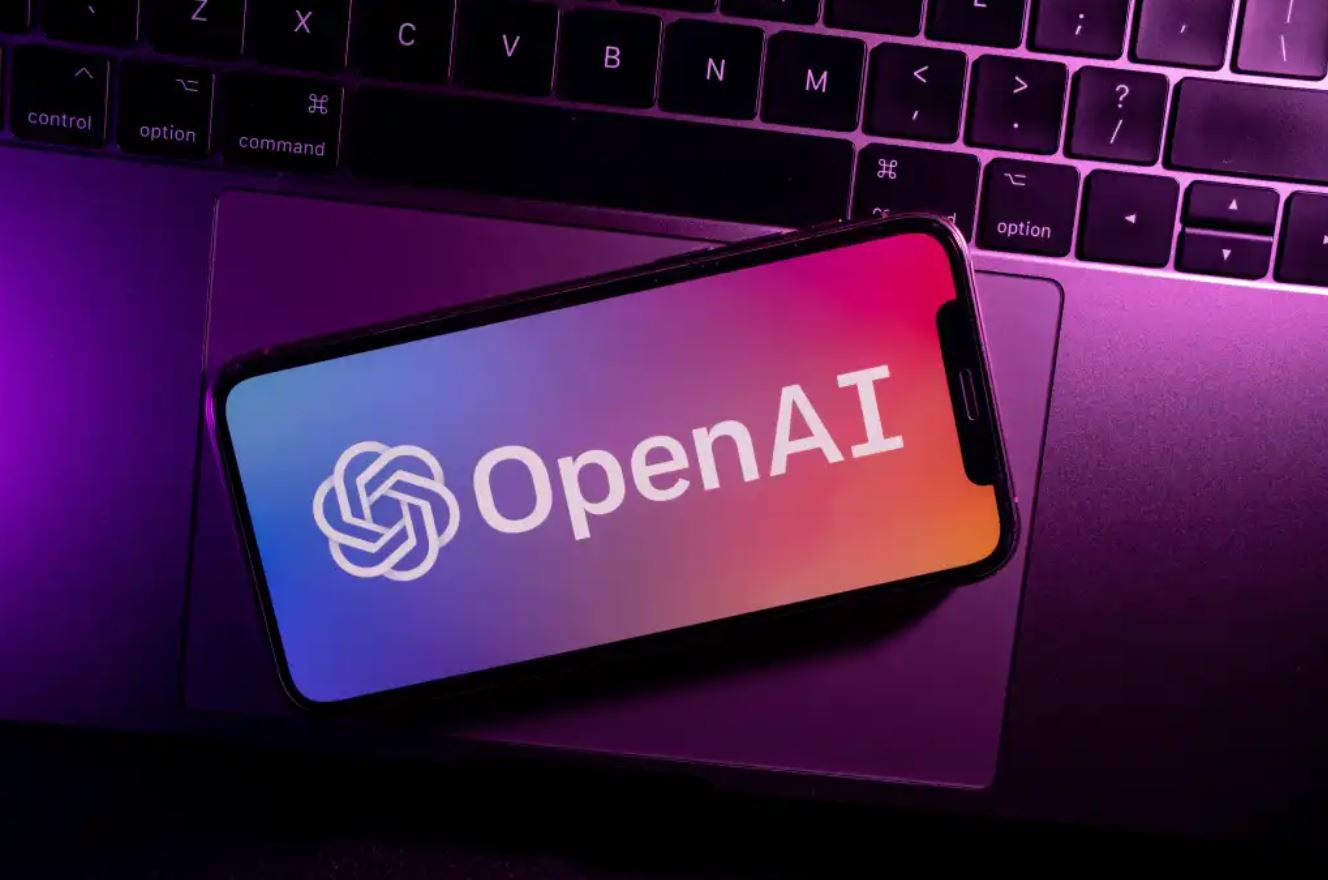 OpenAI is making waves with its newly released realtime API, now live beyond beta. This service lets businesses and developers create voice assistants that sound natural and respond quickly—making your interactions feel as relaxed as a chat with a friend, even when you’re juggling several tasks.
OpenAI is making waves with its newly released realtime API, now live beyond beta. This service lets businesses and developers create voice assistants that sound natural and respond quickly—making your interactions feel as relaxed as a chat with a friend, even when you’re juggling several tasks.
At the heart of this update is the gpt-realtime model. Rather than converting speech to text first, it processes and generates speech on the fly. This means responses arrive faster and with a tone that closely matches your conversation. Imagine a virtual assistant that catches your laughter, switches languages seamlessly, or adjusts its accent—whether that’s a friendly French lilt or a brisk, professional cadence.
OpenAI isn’t stopping there. The update introduces two new voices, Cedar and Marin, alongside enhanced options for existing voices. Benchmark tests show solid gains: Big Bench Audio accuracy leaped from 65.6% to 82.8%, MultiChallenge improved from 20.6% to 30.5%, and ComplexFuncBench climbed from 49.7% to 66.5%. These improvements make interactions more reliable in real-world settings.
The API also streamlines tool integration, allowing developers to connect external services effortlessly. It picks the right tool at the right moment and manages parameters to ensure smoother function calls. If you’ve ever wrestled with complex configurations, you might find the option to save reusable prompts a welcome touch.
A handy new feature is support for image input. Now, you can share screenshots or photos during a conversation, with the model able to read text or answer questions based on what it sees. Developers also control token limits and multi-turn conversations, making it easier to manage costs during extended sessions. Plus, pricing has dropped by 20%, bringing the cost to $32 per million audio input tokens and $64 per million output tokens, with cached input tokens at just $0.40 per million.
OpenAI has also bolstered safety measures. The API can now detect and halt conversations that drift into problematic territory, though additional safeguards on the developer’s end are recommended. For EU users, there are specific options for local data storage and privacy settings tailored to business needs.
This realtime API marks a significant step toward voice assistants that are more personal, responsive, and versatile—bridging the gap between human conversation and digital interaction.








